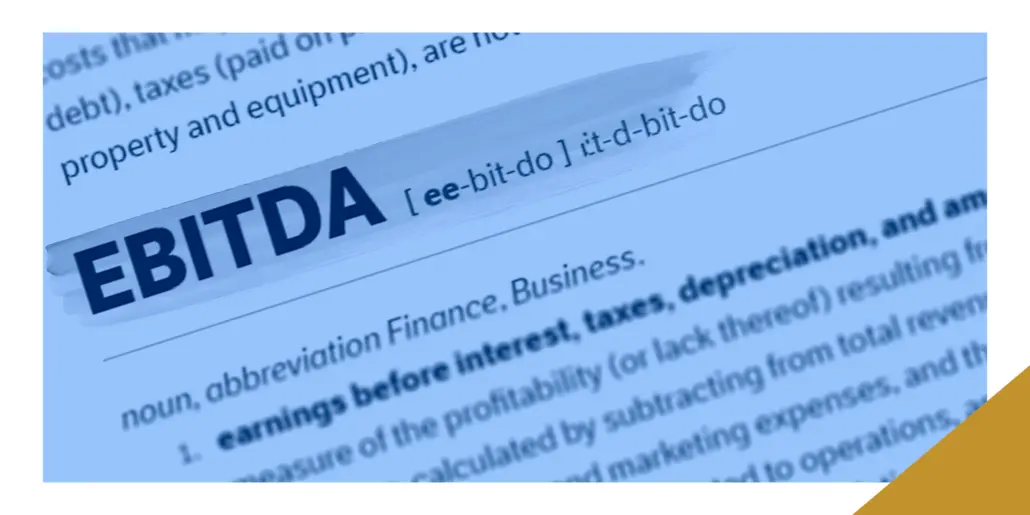The close of the fiscal year is a crucial period for any organization. It is a time to reflect on the year’s performance, set the groundwork for the year ahead, and ensure that your financial house is in order. Central to this process is your Chief Financial Officer (CFO), whose expertise is invaluable in navigating the financial complexities that come with year-end planning. However, the effectiveness of your CFO’s input hinges significantly on timely and clear communication. In this vein, there are several discussions that should have already taken place between you and your CFO as the year draws to a close.
Budget Review and Adjustments
A thorough review of the current year’s budget in comparison to actual performance is fundamental. This discussion should cover variances, their causes, and any adjustments needed to align the budget with organizational goals better. A collaborative review will yield insights into spending effectiveness and areas for potential savings or reallocation of resources.
Financial Reporting and Compliance
Ensuring that your financial reporting is accurate and compliant with relevant regulations is a joint responsibility. Discuss the status of financial reporting, upcoming audits, and any compliance issues that may need attention. It’s vital to address any discrepancies or issues well in advance to ensure a smooth year-end close.
Cash Flow Analysis
A robust cash flow analysis is the bedrock of sound financial planning. Engage your CFO in a detailed discussion on cash flow projections, identifying any potential challenges and opportunities. This conversation should also cover strategies for managing cash flow to support business operations and strategic initiatives effectively.
Tax Planning and Liabilities
Tax obligations can significantly impact your bottom line. Work with your CFO to understand your tax position, explore tax-saving opportunities, and ensure that you are well-prepared to meet your tax liabilities. Effective tax planning can result in substantial savings and help avoid unwanted surprises.
Strategic Financial Planning
The year-end is an opportune time to delve into strategic financial planning for the coming year and beyond. Discuss your long-term financial goals, investment plans, and risk management strategies. Your CFO’s expertise is crucial in developing a financial roadmap that aligns with your business objectives and positions your organization for sustainable growth.
Performance Metrics and KPIs
Lastly, review the key performance indicators (KPIs) and other metrics that drive business performance. Evaluate the effectiveness of these metrics in delivering actionable insights and discuss any adjustments needed to better measure and drive success.
In conclusion, a productive dialogue with your CFO is integral to successful year-end planning. These discussions are not just procedural but are instrumental in setting a solid financial foundation for the year ahead. Engage your CFO early and often to harness the full benefit of their expertise in steering your organization towards financial stability and growth.



